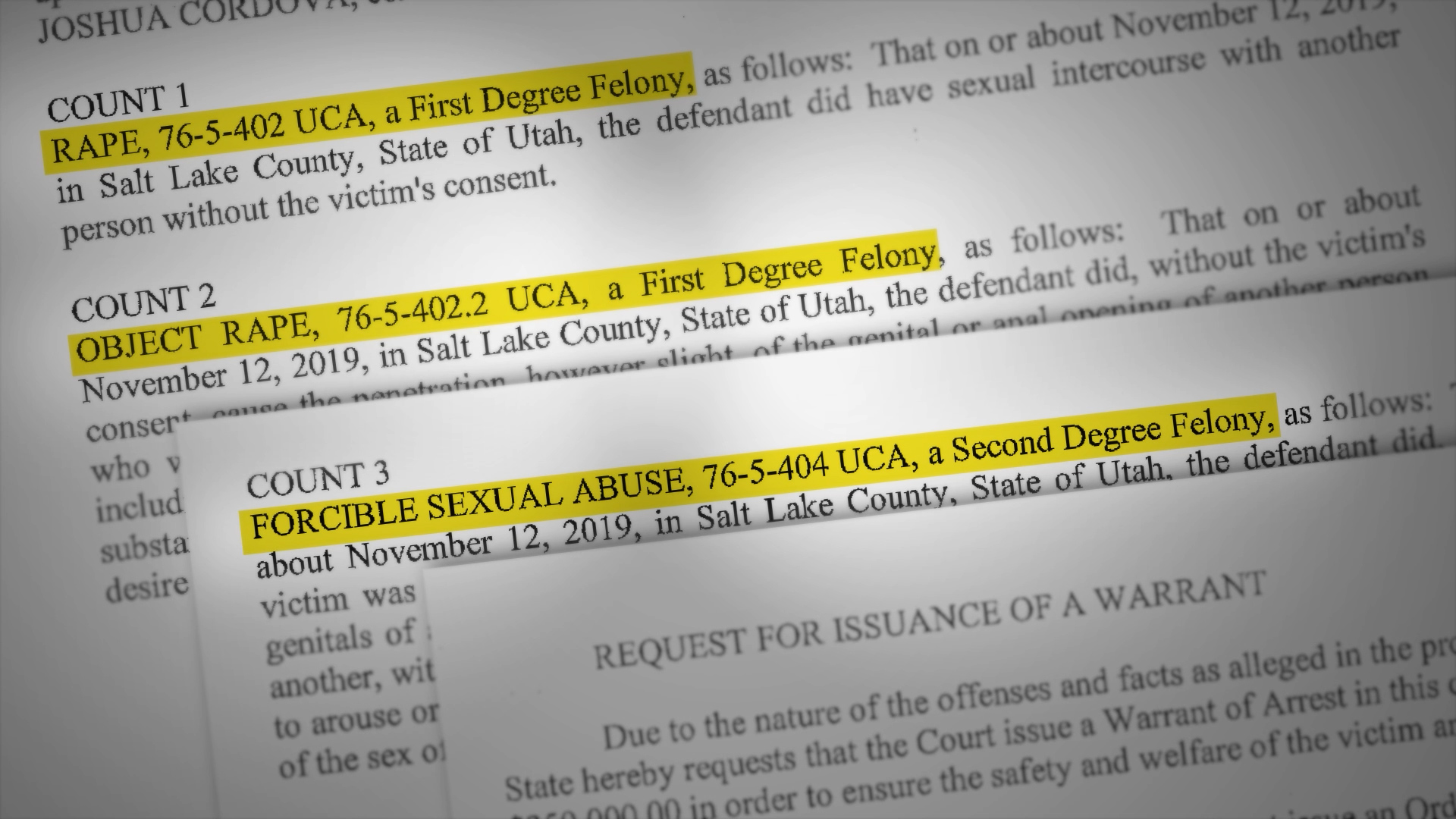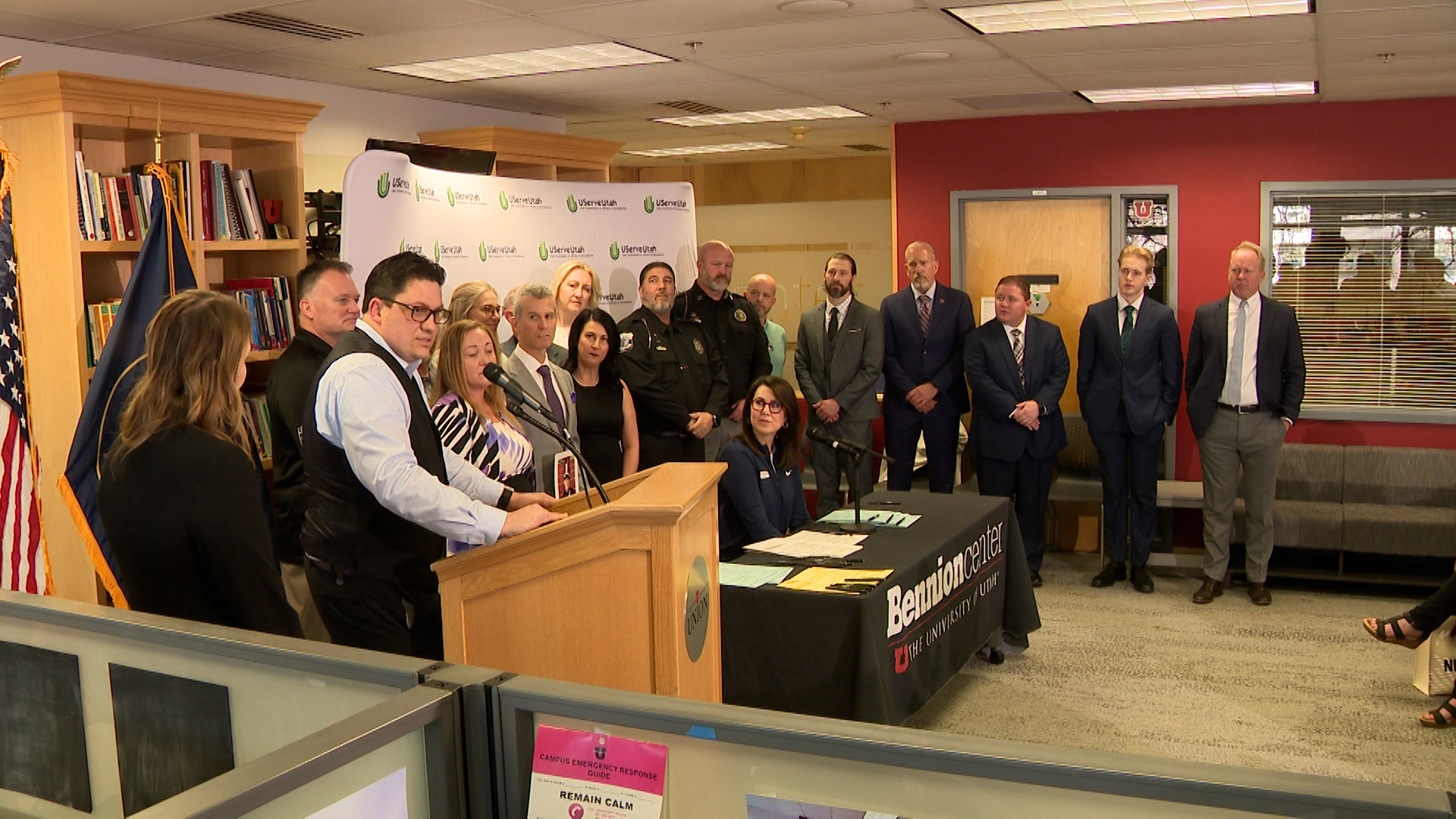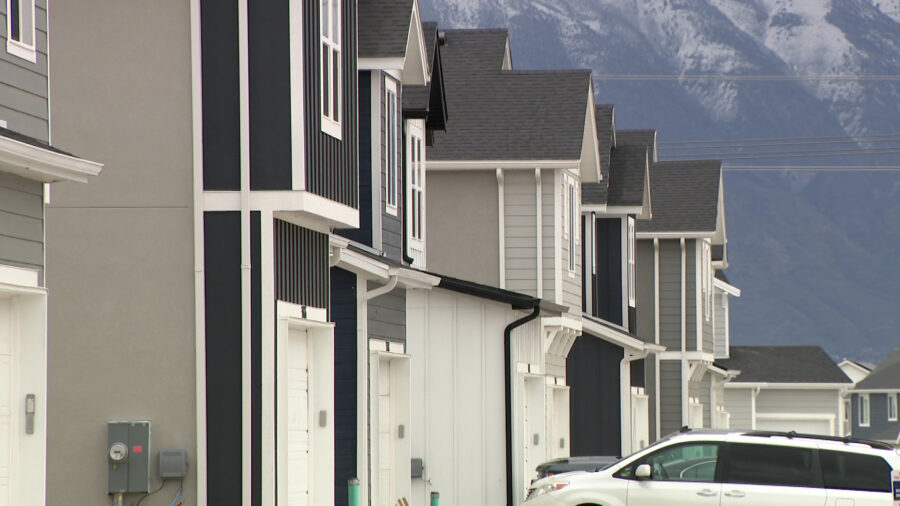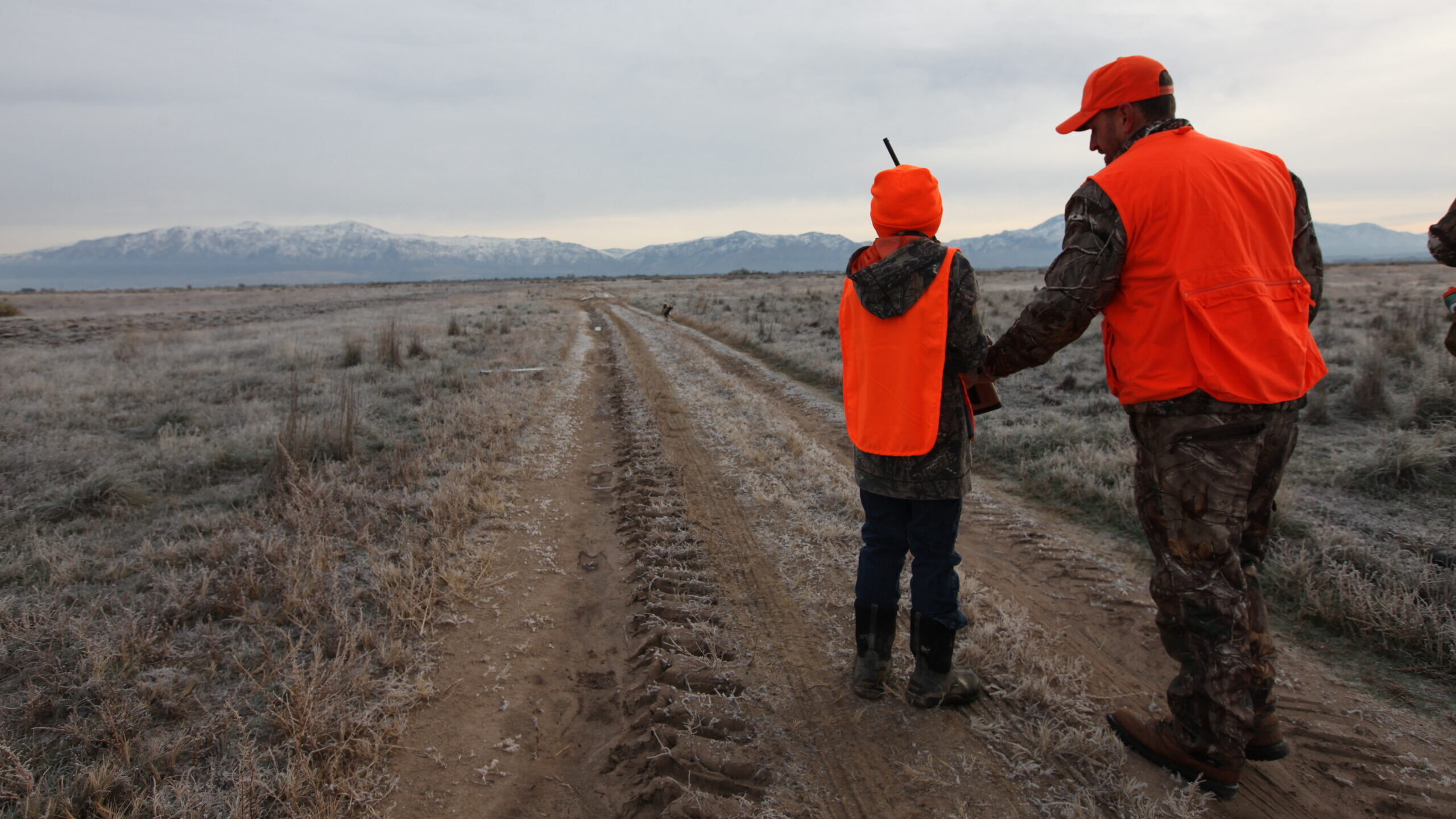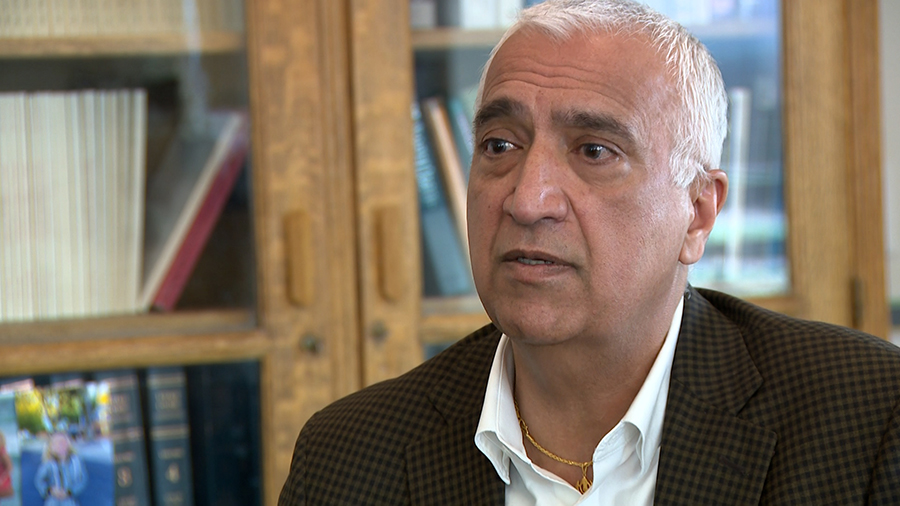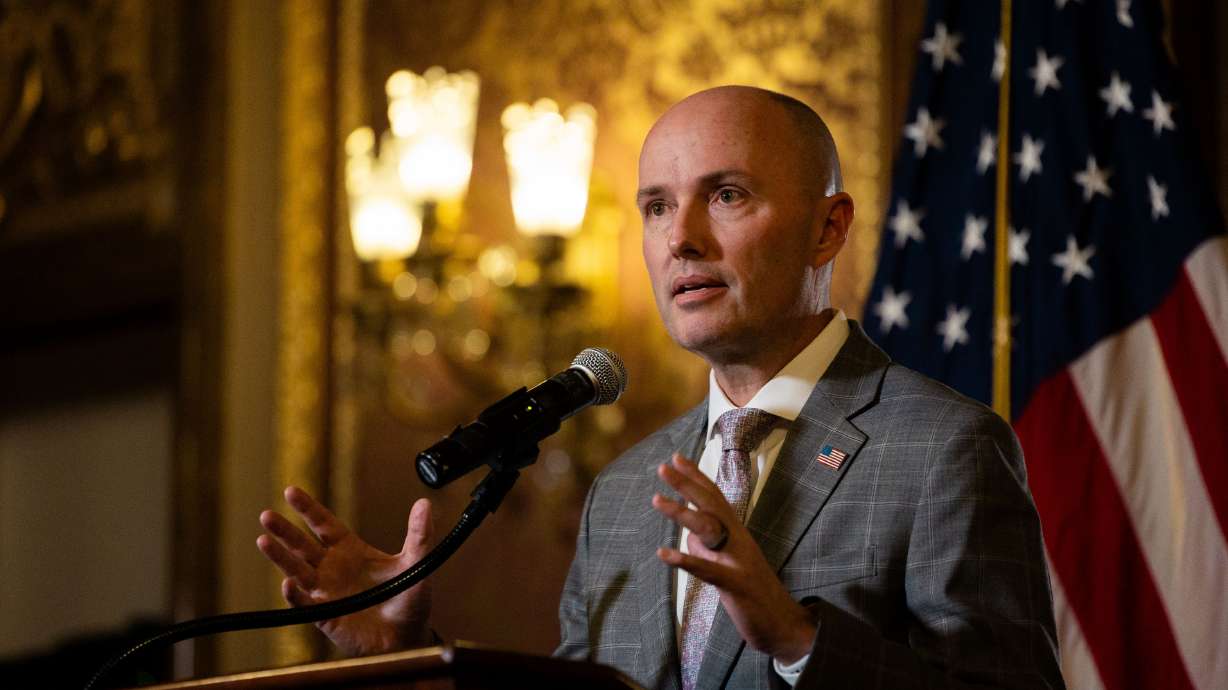Gov. Spencer Cox vetoes 7 bills he thinks are unnecessary from recent legislative session
Mar 21, 2024, 5:50 PM | Updated: 6:56 pm
SALT LAKE CITY — Utah Gov. Spencer Cox issued seven vetoes of bills passed by state lawmakers during the recent legislative session on Thursday, and allowed two bills to go into effect without his signature.
Cox told reporters he planned to veto “several” bills during his monthly news conference Thursday and said the Legislature has passed too many bills in recent years — after lawmakers approved a record 591 in 2024. He reiterated that in a request to legislative leaders in a veto letter he issued Thursday afternoon.
“Now, I’m not asking you to be like our dysfunctional Congress, which somehow only passed 17(!) bills last year,” he wrote. “While I would love to get back into the 300s, maybe shooting for the high 400s is a more realistic goal. And while I’m not sure the best way to get there, I do have a few vetoes this year that might be instructive.”
And just like that, the 2024 General Legislative Session has officially come to an end! The bill signing period has concluded, and we signed 555 pieces of legislation – plus issued a few vetoes. Check out https://t.co/DGIvPnbVoI for the full list of bills we signed this year pic.twitter.com/czEIo7CJwh
— Utah Gov. Spencer J. Cox (@GovCox) March 21, 2024
“Just like there are meetings that could be emails, sometimes there are bills that could be phone calls,” he continued. “We try hard to be responsive to legislative requests and I have instructed my cabinet members to do everything they can to help with issues and ideas you might have. And while we probably could have found more bills in this category, I have selected these bills for veto.”
Here is a list of bills vetoed by Cox, along with explanations from the governor:
- HB152 – Residential Construction Amendments: “This bill requires the Division of Professional Licensing to create a sample contract for residential construction and remodels. The Division can (and will) do this without a bill directing it.”
- HB239 – State Employee Cybersecurity Training Amendments: “This bill requires the Division of Technology Services to create a cybersecurity training program for executive branch employees, and requires employees to complete the training program each year. However, this training program already exists, and employees are already required to participate. If there are concerns with the existing program, DTS stands ready to make whatever changes are needed.”
- HB412 – Legislative Auditor General Amendments: “This bill seeks to add additional items for an agency to report on as part of the accountable budget process — including an agency’s compliance with the Office of the Legislative Auditor General’s toolkit. I am very supportive of the toolkit, and expect agencies to use the toolkit as a tool to improve organizational excellence. But we don’t need a bill in order for agencies to apply the toolkit to improve operations.”
- SB244 – Professional Licensing Modifications: “The Division of Professional Licensing created criminal history guidelines and placed the guidelines on its website to increase transparency and help potential licensees. DOPL did this without being directed to do so by statute. Nevertheless, this bill would put in statute specific requirements for DOPL on what it created without a statute. We can address the sponsor’s concerns without a bill, and I have directed DOPL to ensure that this happens.”
- SB274 – Administrative Law Judge Amendments: “This bill started as an effort to move all (administrative law judges) in the state into the Attorney General’s Office and was quickly substituted to require state agencies to report information to the Legislature regarding (administrative law judges). Our agencies can provide this information without a bill. I have tasked the Department of Government Operations with gathering the information sought.”
Cox vetoed an additional two bills he says began as substantive policies but were subsequently amended or substituted “to a point that it does not effectively accomplish its goal. Sometimes, instead of trying to pass something, the best result is to regroup and consider another run at the issue down the road.”
- HB144 – Vehicle Accident Liability Amendments: “This bill started as an effort to clarify liability involving left turns by vehicles in certain circumstances. In response to concerns, some of the language was removed. The language that remains has raised concerns and may not bring the clarity that the original goal intended.”
- SB190 – Higher Education Development Areas Study: “While we agree with the initial policy direction of the bill, sometimes a bill changes direction in a substitute and doesn’t need formal legislation to accomplish our policy objectives. We’ll still work with higher education and Sen. (Chris) Wilson to explore this idea.”
The governor issued line-item vetoes for sections of two major budget bills, largely because they contained funding for other bills that didn’t pass.
He allowed two bills to go into effect without his signature “because of the overwhelming legislative support.”
- HB78 – Motion Picture Incentives Amendments: “I have expressed my concerns in the past with the amounts of money being spent on film incentives. I believe there are better returns for taxpayer dollars.”
- SB266 – Medical Amendments: “I am generally supportive of scientific efforts to discover the benefits of new substances that can relieve suffering. However, we have a task force that was set up specifically to advise the Legislature on the best ways to study psilocybin and I’m disappointed that their input was ignored.”


